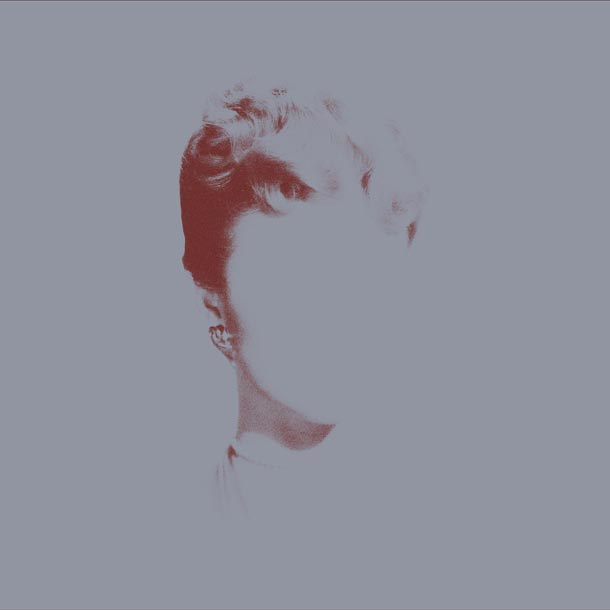CLAUDIO ROCCHETTI, Thy Eyes, The Betrayal

Terza ed ultima parte di questo “disco diviso”, che ascoltato tutto assieme svela un suo fil rouge. Anche Thy Eyes, The Betrayal, come i precedenti, consta di due tracce piuttosto brevi e malinconiche, in particolare la prima, che ingloba una voce che recita in francese (muovendosi come in un museo immaginario) sopra un tappeto sonoro piuttosto discreto, che solo verso la fine si fa più insistente, aumentando la tensione. La seconda parte, invece, è una registrazione dalle sembianze volutamente aliene, quei suoni che sembrano provenire dallo spazio, pensate a un rumore di cavallette che si muovono fameliche nei campi, tra clangori post-industrial e un finale che sa di musica sacra, ma come la potrebbe intendere un noiser, ça va sans dire… Cos’altro aggiungere? Rocchetti sa il fatto suo, col passare del tempo ha avuto il coraggio di cambiare, lo dimostrano i suoi vari progetti e collaborazioni. Personalmente lo preferisco quando parte con un’idea unitaria e la sviluppa su un album per intero ma, come già scritto in passato, pure questa trilogia merita la vostra considerazione.
